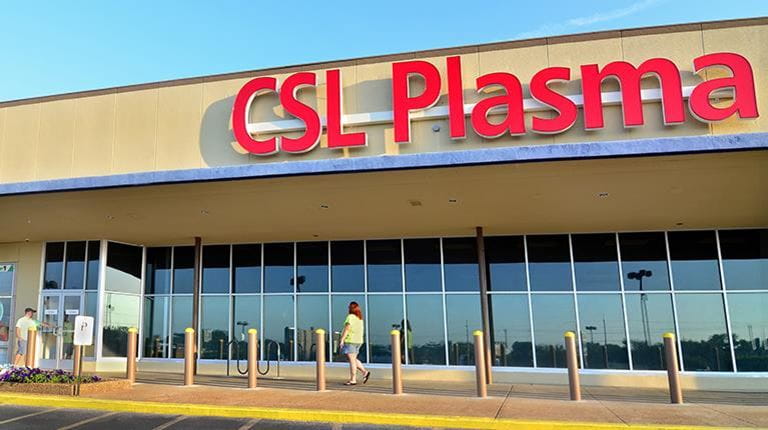Because of COVID-19, you might be considering donating plasma, which researchers hope will speed the recovery of severely ill patients. People who have recovered from the novel coronavirus are needed because their plasma contains antibodies that could potentially be used to make effective treatments.
CSL Behring recently joined with other companies as part of the CoVIg-19 Plasma Alliance to develop an unbranded hyperimmune immunoglobulin with the potential to treat patients who have serious complications from the novel coronavirus.
For those who have not had COVID-19, there’s an equally urgent need for you to donate plasma. For decades, plasma-derived medicines have been essential to the health of people who have immune system problems and other serious diseases, like hemophilia. CSL Behring, with the help of CSL Plasma, develops and manufactures those medicines all over the world. Learn more about donating plasma.
Right now, patient advocacy groups are asking people to donate plasma to ensure there’s a continued supply of medicines, like immunoglobulin and a plasma-derived substance called “factor” that prevents excessive bleeding. The U.S. government has designated plasma collection centers as “essential, critical infrastructure,” which means donors are permitted to travel to nearby centers to donate plasma.
Here are five things you should know if you are considering donating plasma:
- Plasma is a yellowish substance found in the blood. During a donation, which takes about 45 to 90 minutes, the plasma is extracted, but the other blood components, like red blood cells, are returned to the donor.
- To find a nearby plasma collection center, visit the CoVIg-19 Plasma Alliance website or DonatingPlasma.org.
- Employees at plasma collection centers are taking extra measures to protect donors, including wearing face shields, enhanced cleaning and maintaining social distancing.
- Donors should be in good health. Do not come to a plasma collection center if you are sick or have been asked to self-quarantine. Stay home until you are fully recovered.
- Plasma donors are compensated for their time – up to $400 for first-time donors.
To learn more about plasma donation, watch this video.



